Have you ever wondered if your horse can truly sense how you’re feeling? As horse lovers, we’ve all noticed those little moments—when a gentle nuzzle seems to come at just the right time, or a sudden restlessness matches our own worries. It turns out, horses are far more attuned to human emotions than many of us realize. In fact, their responses can be downright surprising, sometimes even shocking. Let’s dive into ten remarkable ways horses react to the emotions of the humans around them, proving just how deep their empathy and intuition really go.
Mirroring Human Facial Expressions
Horses are surprisingly observant of the people they interact with, and one of the most fascinating ways they respond is by mirroring human facial expressions. If you approach your horse with a smile, you might notice their ears perk up and their eyes soften. It’s almost as if they’re mirroring the calm or joy they see in your face. On the flip side, if you’re frowning or tense, a horse may become wary or even show signs of unease, reflecting your mood in their own body language.
This mirroring isn’t just a coincidence. Research in recent years has shown that horses can read subtle cues in human faces, recognizing emotions such as happiness or anger. For horse lovers, this means your horse could be your emotional barometer—able to sense and reflect your feelings without a single word spoken. It’s a gentle reminder that our expressions matter, not just for the people around us, but for our four-legged friends as well.
Changing Breathing Patterns
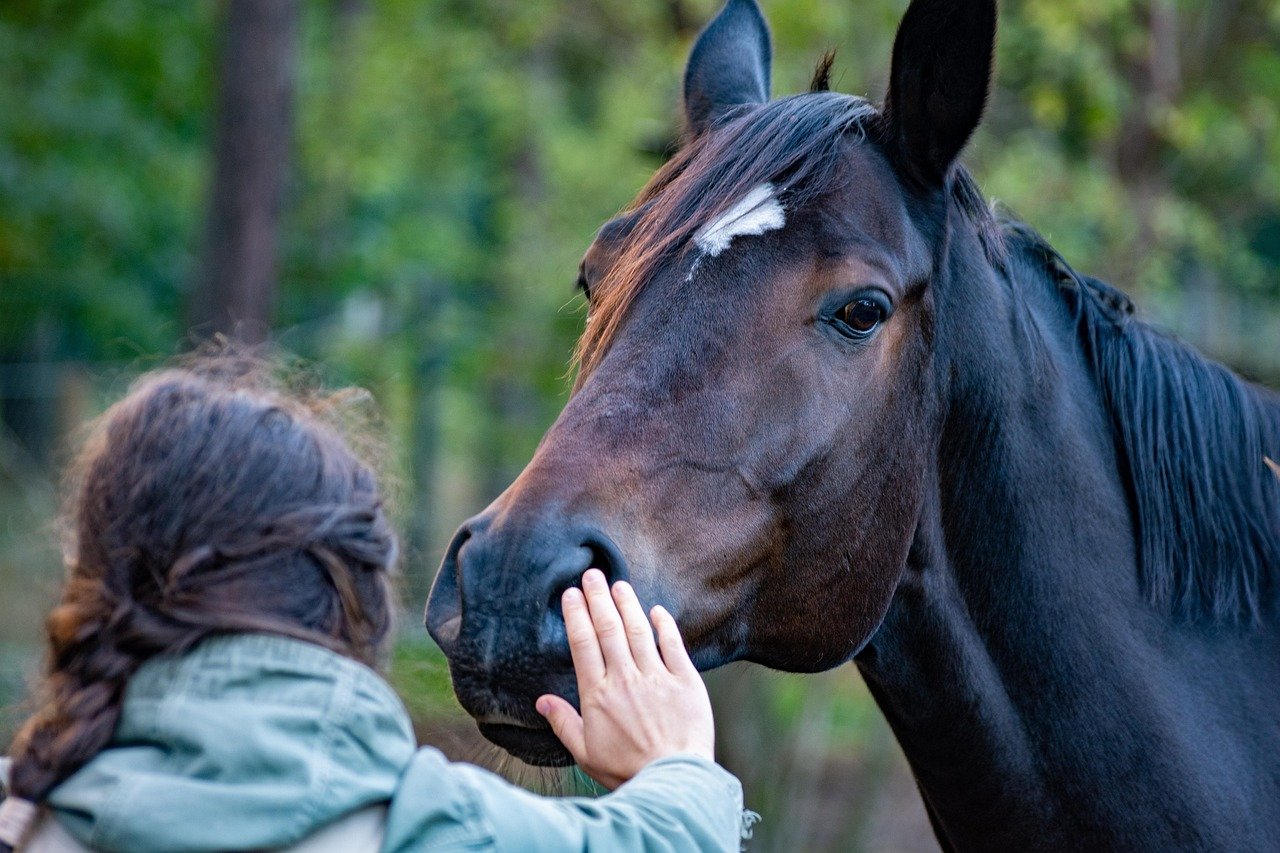
If you’ve ever been nervous around a horse, you might have noticed both of you start to breathe a little quicker. Horses are quick to pick up on shifts in a human’s breathing, and they’ll often respond in kind. When a person is stressed or anxious and their breathing grows shallow, a horse may mirror this by becoming more alert or breathing faster themselves.
Conversely, when a human is calm and breathing deeply, horses tend to relax too. Some trainers use this as a tool—intentionally slowing their own breath to help settle a nervous horse. It’s almost as if the horse is tuned into the rhythm of your own body, syncing their state with yours without you even realizing it. This shared breath can create an unspoken bond and a sense of safety for both horse and human.
Shifting Body Posture
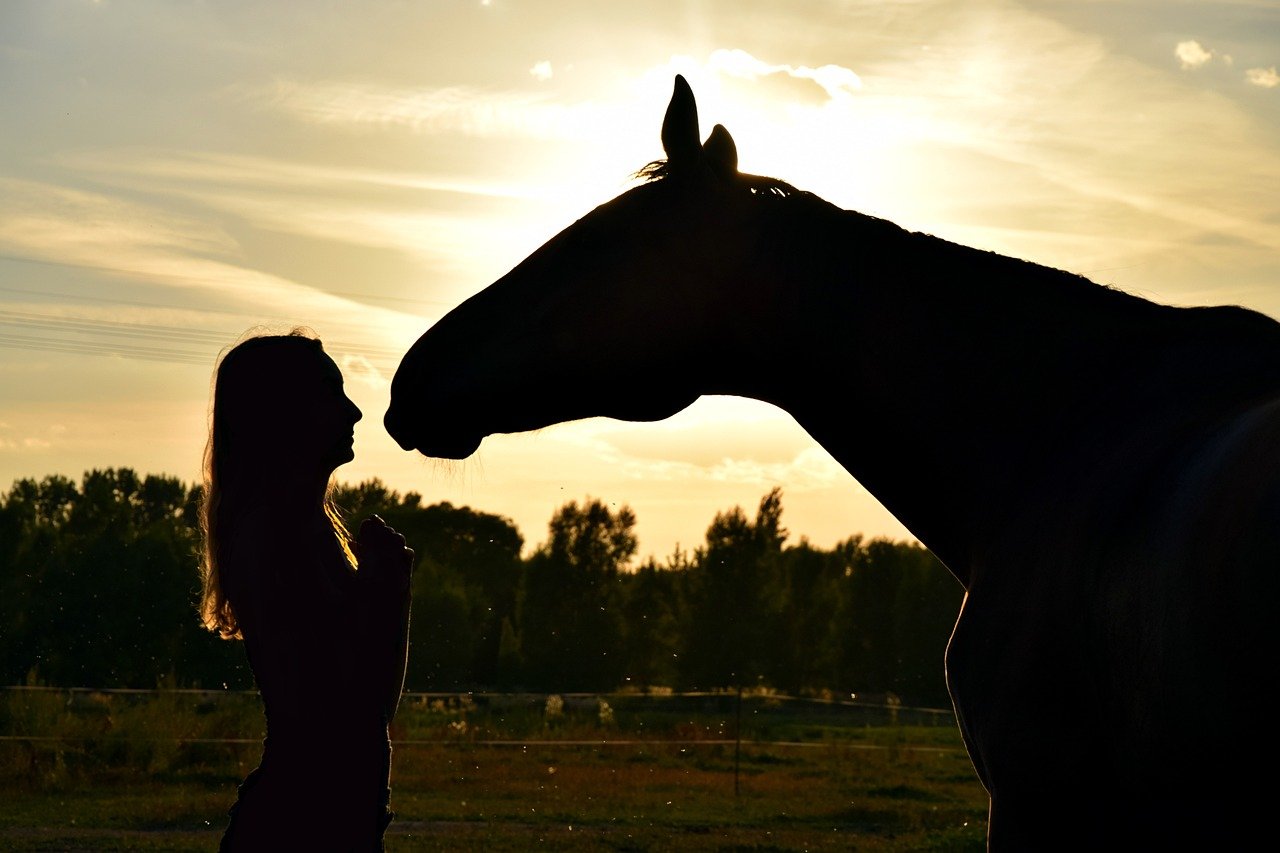
A horse’s body language is a window into their emotions, and they’re equally attuned to yours. When a human stands tall and confident, horses often step forward and show more engagement, coming closer or even initiating contact. But if you’re slouched or withdrawn, they can sense your uncertainty and may keep their distance or become more passive themselves.
What’s particularly unusual is how quickly horses can shift their own posture to match yours. Some horse owners have observed their animals standing stiffly when they themselves are upset or tense, while others become more playful when their human enters the barn with a bounce in their step. This body-to-body communication is subtle but powerful, creating a feedback loop of emotional energy.
Unusual Vocalizations
It’s not just neighs and whinnies—horses have a wide range of vocalizations, and some of their sounds seem to match the emotional tone of their human companions. When a person is upset, a horse may let out a soft nicker or even a low, comforting rumble, almost as if they’re trying to soothe their friend. In moments of shared excitement, you might hear your horse whinny with more enthusiasm or even snort playfully.
Some horse owners have reported their animals making sounds they rarely hear at other times, especially during moments of intense emotion. It’s as if the horse is trying to communicate directly, responding to the emotional energy they sense. These unusual vocalizations can be startling, but they’re often a sign of the deep connection between horse and human.
Seeking Physical Contact
There’s something incredibly touching about a horse reaching out for physical contact when you’re feeling down. Horses are known to nuzzle, lean in, or even rest their heads gently against a person who is sad or stressed. This isn’t just seeking attention—it’s a form of comfort, much like a friend offering a hug.
What’s remarkable is how selective horses can be with this behavior. Not every moment calls for closeness; they seem to choose their timing, offering comfort when it’s needed most. This can be especially noticeable in therapy horses, who often step forward to comfort people experiencing grief, anxiety, or fear. Their ability to seek out physical connection at just the right moment is one of the most unusual and heartwarming ways they respond to human emotions.
Changing Eating Behaviors
Believe it or not, horses may even change their eating habits in response to the moods of the people around them. Some horses will eat less or become distracted from their food if their favorite human is upset or stressed nearby. Others might refuse treats or ignore their usual feeding routines, as if prioritizing the emotional connection over their own appetite.
This unusual behavior can be baffling to horse owners who notice their animal’s sudden loss of interest in food. It’s a testament to just how tuned-in horses are to their environment, especially to the feelings of the people they trust. Paying attention to these subtle changes can offer a clue about how your horse is experiencing your emotional state.
Heightened Sensitivity to Touch
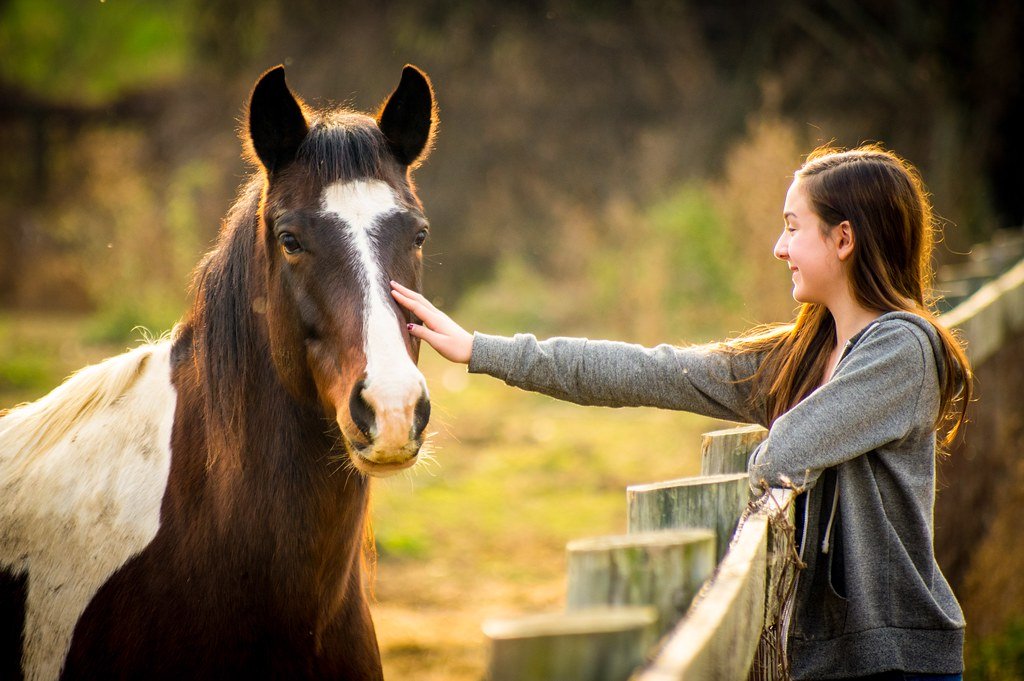
Have you ever noticed your horse flinch or shy away when you’re feeling nervous, even if your touch is gentle? Horses can become more sensitive to touch when their human companion is experiencing strong emotions. It’s not that your hands are different, but your energy and intention might be—and horses pick up on that instantly.
On the other hand, a calm and loving touch can have the opposite effect, helping a horse relax and enjoy the moment. Some horses will even lean into a gentle stroke or nuzzle your hand when you’re feeling peaceful, seeking out the positive energy you’re sharing. This heightened sensitivity is a two-way street, reminding us to be mindful of our own emotions when interacting with these perceptive animals.
Unpredictable Movements
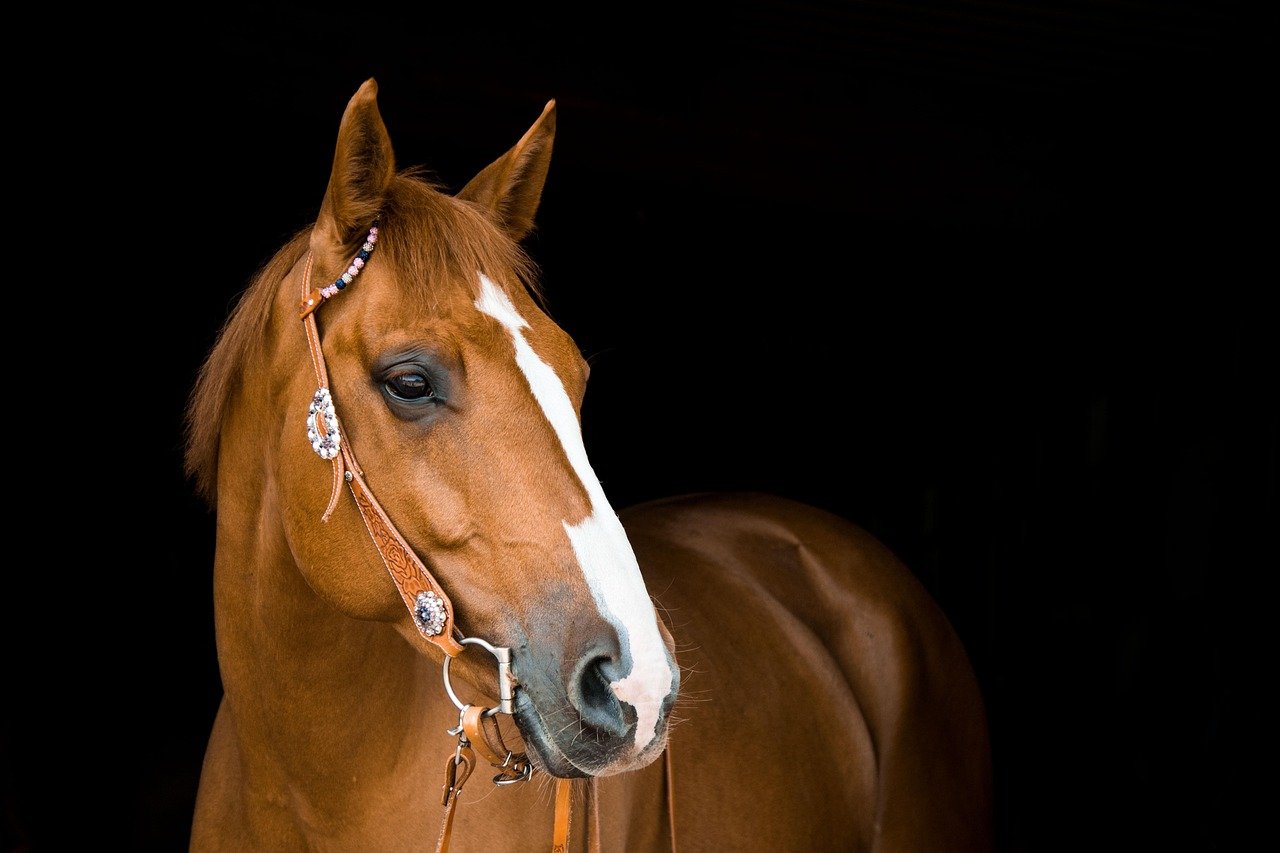
One of the more surprising ways horses respond to human emotions is through sudden or unusual movements. If you’re anxious or uncertain, your horse might spook, jig, or move away unexpectedly—even in situations where they’d normally be calm. It’s as if your nervous energy becomes contagious, passing from human to horse in an instant.
Yet, the opposite can also be true. A confident, happy human presence can encourage a horse to take bold steps, cross obstacles, or explore new environments with enthusiasm. These unpredictable movements are not just random reactions—they’re a reflection of the invisible emotional dance happening between horse and handler.
Pacing and Restlessness

Some horses respond to human distress with pacing, fidgeting, or restlessness, even if there’s nothing in the environment to trigger it. If you’re having a tough day and can’t seem to sit still, your horse might circle their stall, paw the ground, or move restlessly beside you, almost as if they’re mirroring your internal turmoil.
This kind of behavior can be unsettling, but it’s also a sign of deep empathy. Horses don’t just observe our moods—they often internalize them, expressing our emotions through their own bodies. Recognizing this can help us become more aware of how our feelings influence the animals we love.
Offering Playful Distractions
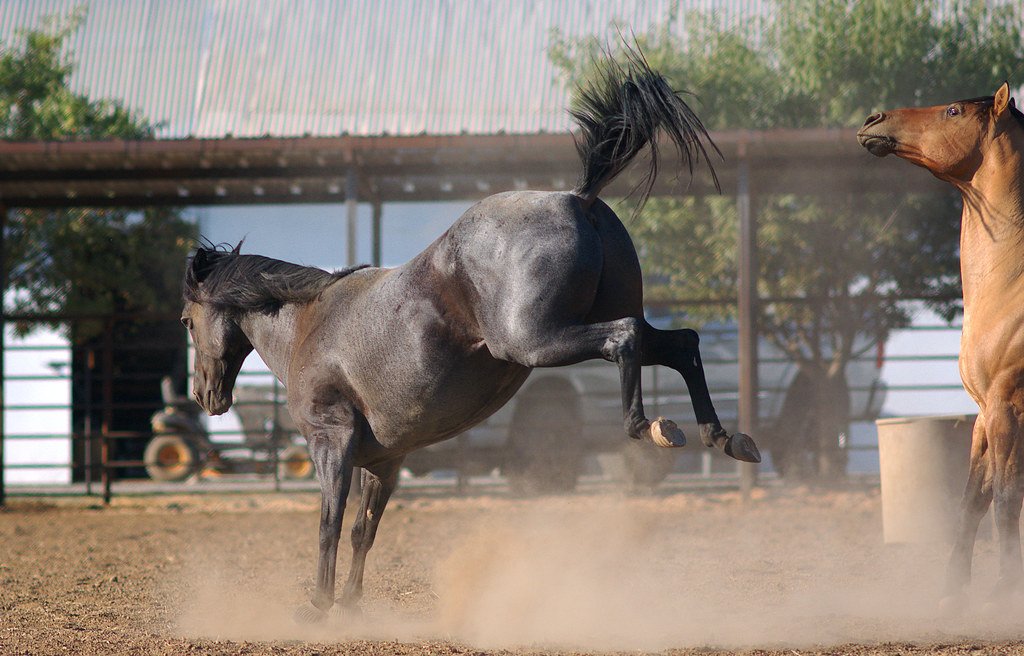
Perhaps the most delightful way horses respond to human emotions is by offering playful distractions. Some horses will nudge you with their nose, tug at your sleeve, or even pick up objects and toss them around when they sense you’re sad or stressed. It’s as if they’re saying, “Hey, let’s lighten the mood!”
These playful antics can break the tension, drawing a smile or even a laugh from someone who needs it most. It’s a reminder that horses aren’t just passive observers of our emotions—they’re active participants in our lives, always looking for ways to connect and bring a little joy to the barn.
Horses are more than just powerful and graceful animals—they’re remarkably in tune with human emotions, often reacting in ways that are subtle, surprising, and deeply empathetic. The ten unusual behaviors on this list reveal just how closely horses observe and mirror our feelings, forming bonds that go beyond words. These responses aren’t just instincts—they’re reflections of trust, sensitivity, and the unique connection horses share with people. By recognizing and respecting these emotional cues, we deepen our relationship with these incredible animals and gain a clearer understanding of the silent, compassionate language they use to speak straight to the heart.

Linnea is a born and bred Swede but spends as much time as possible in Cape Town, South Africa. This is mainly due to Cape Town’s extraordinary scenery, wildlife, and atmosphere (in other words, because Cape Town is heaven on earth.) That being said, Sweden’s majestic forests forever hold a special place in her heart. Linnea spends as much time as she can close to the ocean collecting sea shells or in the park admiring puppies.






